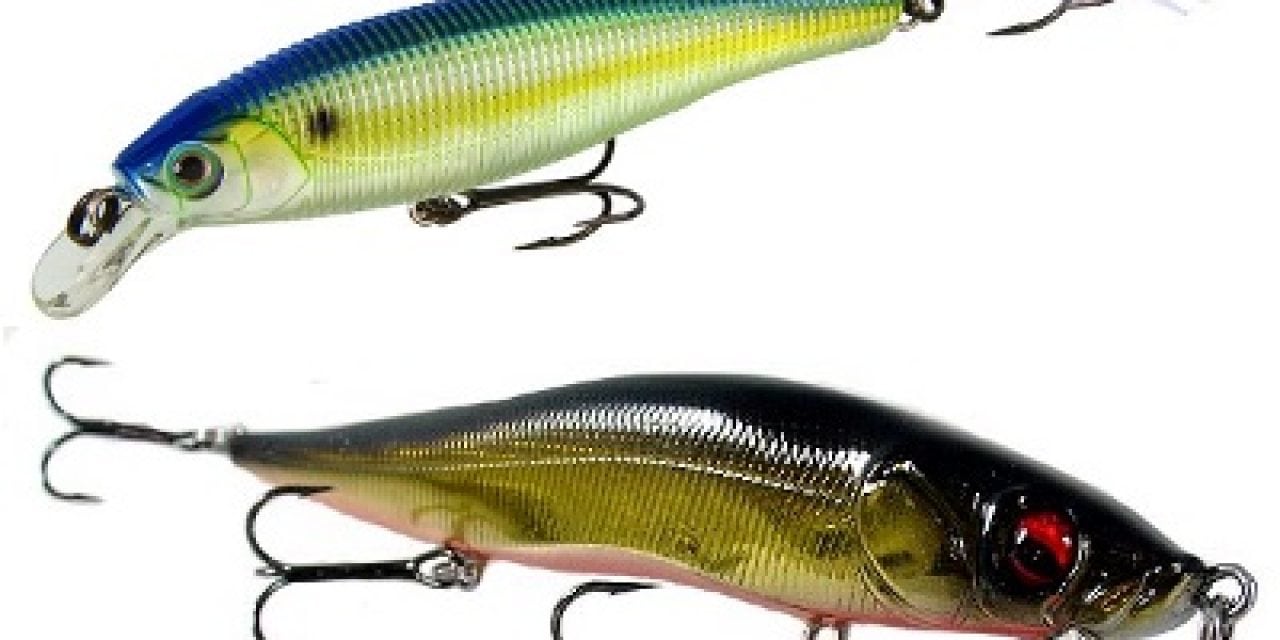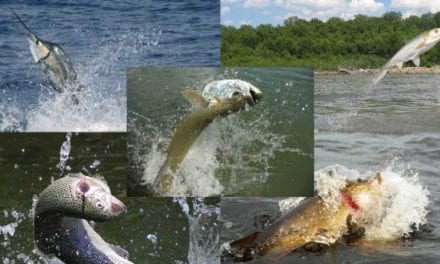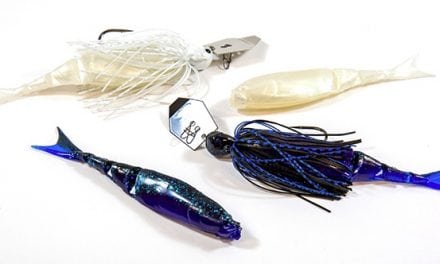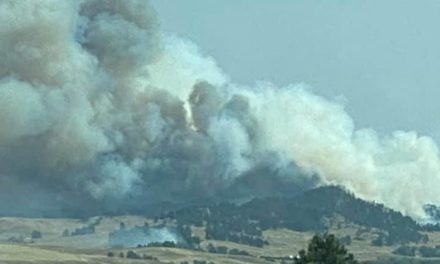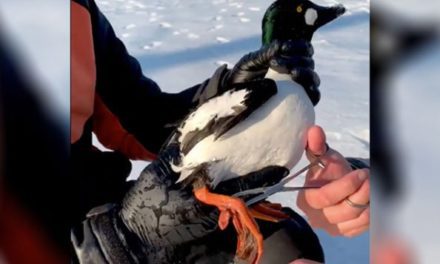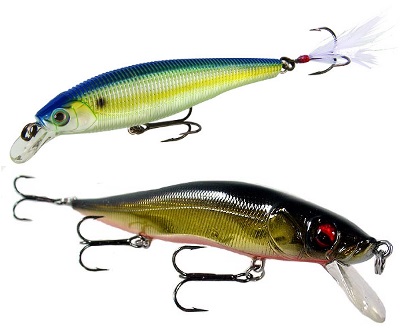 Bass do not feed in ice water, a fact that I have learn over again every year. Each winter a few warm days and pleasant weather will make me think I can catch a bass. Usually, I’m wrong!
Bass do not feed in ice water, a fact that I have learn over again every year. Each winter a few warm days and pleasant weather will make me think I can catch a bass. Usually, I’m wrong!
Largemouth bass and their cousin species are classified as warmwater fish, meaning that they are most active in water of a moderate to warm temperature. They are also cold blooded, so their bodies have the same temperature as the water. Their activities are controlled by the temperature. The colder the water the less oxygen and food they need, and the less they move. Everything about them slows down.
In 70-degree water, a 2-pound bass might digest a 1-inch shad in six hours and be hungry again. In 50-degree water, it might take 48 hours to digest that same shad. If the water is below 45 degrees, I think the bass won’t eat the shad in the first place. It’s certainly not going to chase it. And if it does eat one, it might take much longer to digest the food.
There are many instances of fishing clubs holding tournaments or outings on January days when the water temperature was in the upper 30s or low 40s and not one participant caught a bass. Warmer days might improve fishing some but it is often tough to catch many bass before mid- to late February. Pure-strain and hybrid stripers might be a better bet at this time, and crappie bite a little better than bass in cold water. If you have the opportunity, fishing a power plant lake, where warm water is discharged, may be a good option. The warm discharge water stimulates baitfish as well as crappie and bass.
Go Slow, and Slower
If you insist on fishing for bass at this time of year, remember that their metabolism slows down, so you should slow down too. Fish the smallest bait you can and fish it slower than you can stand to fish. Something that will stay in the same place right in front of a bass for a long time is best. A jigging spoon worked slowly up and down in the same spot may draw a strike from an inactive deep fish. A worm doodled in one spot by shaking the rod tip without moving the bait might be effective.
A suspending jerk bait is a good possibility if you let it stay motionless for a good period and only twitch it lightly. A crankbait can be a good option, too, but you must fish it slowly and pause it often during the retrieve. Try a jerk bait or a crankbait in shallow lakes and over submerged bottom cover.
I often get my hopes up about catching a bass in January if the water temperature is over 50 degrees. I have a little hope if it is 45 to 50 degrees. Below 45 and I just about give up all hope. I guess it is a good thing I don’t go ice fishing! The water in central Georgia where I live hardly ever gets below 40 degrees, but when it’s that low, bass fishing is extremely tough.
One thing you might do if you can, is to try small lakes or ponds rather than large bodies of water. The former warm up more quickly, even after a short spell of mild weather. Wherever you go, many diehard anglers, including me, feel that even if you can’t catch a fish, being on the water in winter trying is a lot better than just about anything else you can do.
Story by By Ronnie Garrison
The post Winter Bass Fishing Can Be Tough appeared first on ODU Magazine-North America's #1 Digital Fishing Magazine.

